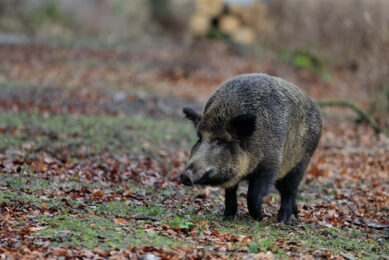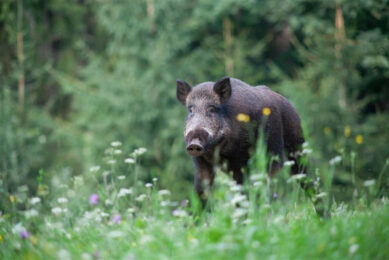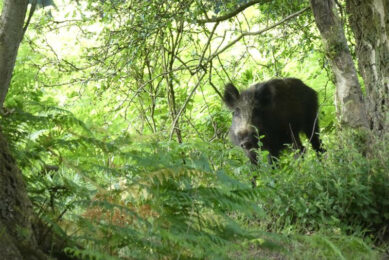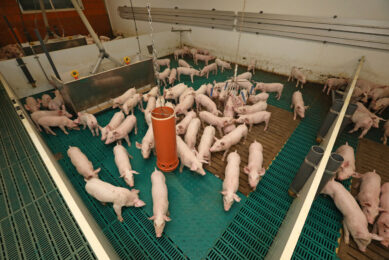Covid-19: German pork plants test negative, Italy fears the worst
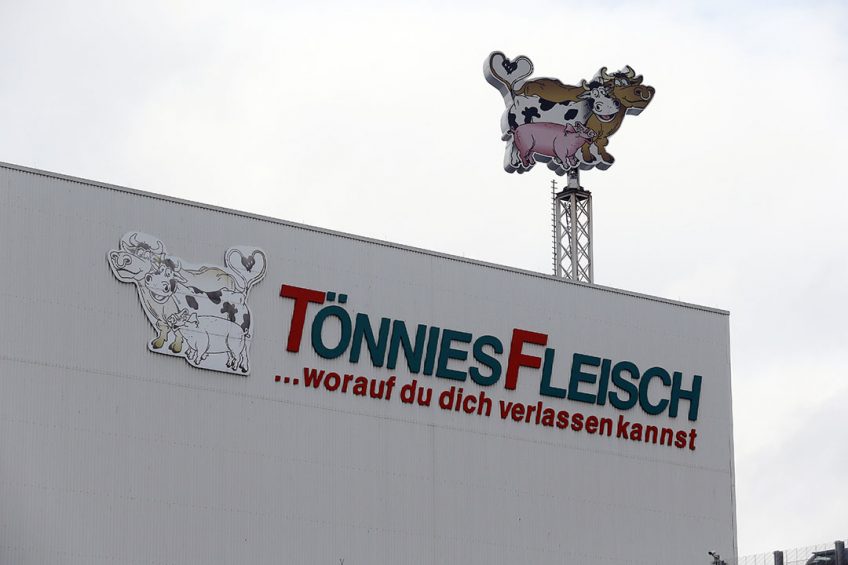
New tests in German pig slaughterhouses indicate that there are no further infections with Covid-19. In the meantime, worries in Italy increase.
The outcome of the tests is good news for Germany’s pig industry, because over the last few weeks, prices have come down because of a reduced slaughter capacity. The situation, however, is not as bad as in the United States, where an acute shortage or slaughter capacity led to pork producers euthanising finisher pigs or aborting gestating sows, in an attempt to deal with overcrowded pens.
COVID19 Tests in Rheda-Wiedenbrück (16. Mai, 14 Uhr) weitere 2.000 Tests sind negativ! insgesamt 5.128 Laborergebnisse liegen vor: 5.125 negative und 3 positive Befunde.
— Tönnies Dialog (@ToenniesDialog) May 16, 2020
Tönnies: over 5,200 staff members tested
Tönnies, one of the largest meatpackers in Germany, had the staff of its Rheda-Wiedenbrück plant tested, in the state North Rhine Westphalia. Since last week Monday, tests were carried out on more than 5,200 employees. Only 4 of these turned out to have been positive.
Westfleisch: 2,300 employees tested
Another major player on the German market is Westfleisch. This packer also shared test results, with 2,300 people having been tested in facilities in Hamm, Lübbecke, Gelsenkirchen and Bakum. Again, no infections.
At an earlier stage, however, Westfleisch reported outbreaks in its slaughterhouse in Coesfeld, North Rhine Westphalia. This plant was closed as about 1 in 4 staff members were infected. On Tuesday, May 19, the company announced to resume operations. The trade union of German pig producers (ISN), has also indicated to be relieved. They organisation speaks of ‘good results and a sign of relaxation’.
Heutige Ergebnisse der Corona-Untersuchungen – insbesondere aus NRW – lassen Hoffnung aufkommen, dass aktuell keine weiteren Hotspots für Corona-Infektionen an den größeren Schlachthöfen entstehen. https://t.co/So2TGDpHJF
— ISN e.V. (@ISN_eV) May 13, 2020
The image over the last few weeks has been different. The beginning of the year saw the highest prices in the last few years, with weeks that prices per kg slaughter weight were over € 2. That was mainly because African Swine Fever in Asia made pigmeat and pork a wanted commodity.
In April, the German ‘Vereinigungspreis’ dropped to € 1.60/kg. The German pig industry decided to stabilise that price last week and maintain a base price to create peace and quiet in the market. It had an immediate effect on prices in neighbouring the Netherlands and Denmark as well, as markets there also calmed down.
Italy: Covid-19 causes problems
Somewhat more south, in Italy, however, Covid-19 may have more far-reaching consequences. Italian farm organisations have warned for a collapse of the industry, as producers cannot shut down, when pork plants can. In Italy, the problems are related to the closure of bars and restaurants, leading to a drop in sausages and salami products.

According to a report in the Italian publication Targato CN for the North Italian province Cuneo, the Italian industry is facing heavy times. The General Confederation of Italian Agriculture (Confagricoltura) reported that slaughter capacity has decreased by about 20%. Around 200,000 pigs did not get on the hook, with rising feed costs at the same time. Prices for heavy pigs (160-176 kg) dropped by roughly 30% from early March to mid-May, with producers losing € 80-100 per head.
Reducing the current pig stock in the short run
Claudio Canali, president of the national pig products federation within Confragricoltura, warned for full pig houses and drastic measures if animals cannot go anywhere. “If you do not act quickly, also reviewing the relationships along the supply chain, we will soon reach a point of no return.” Canali added that state aid will not be enough to stabilise the sector and also pointed to exports, as in Italy there are only 9 slaughterhouses with relevant permits to export to China.



